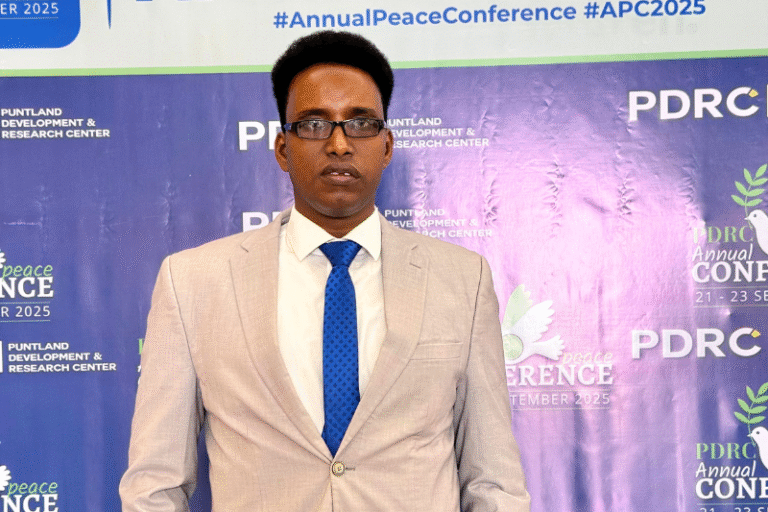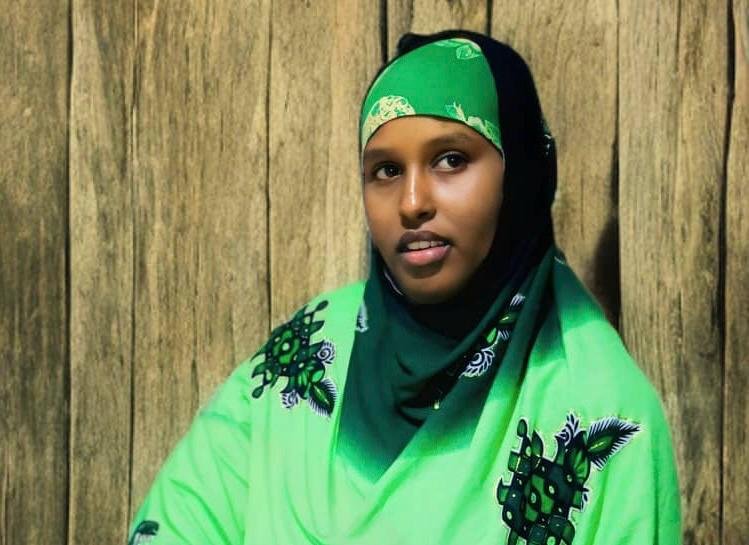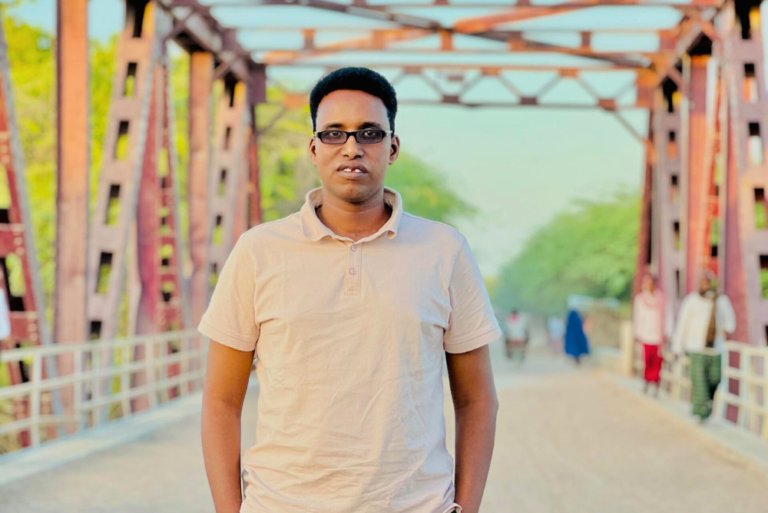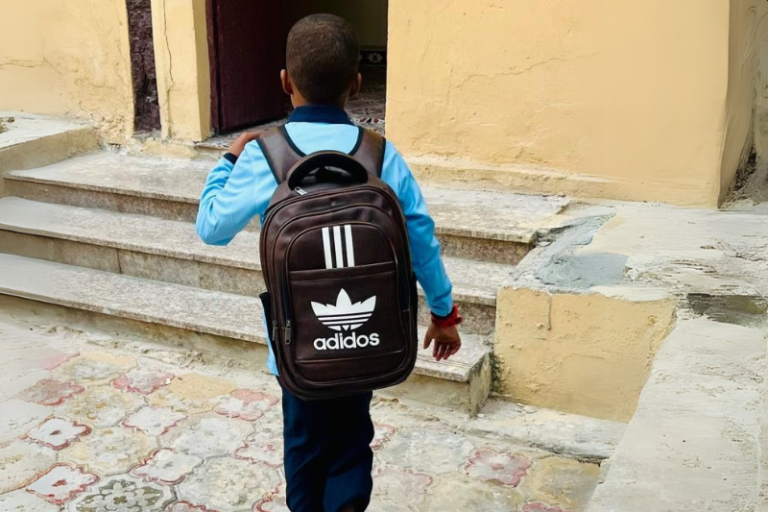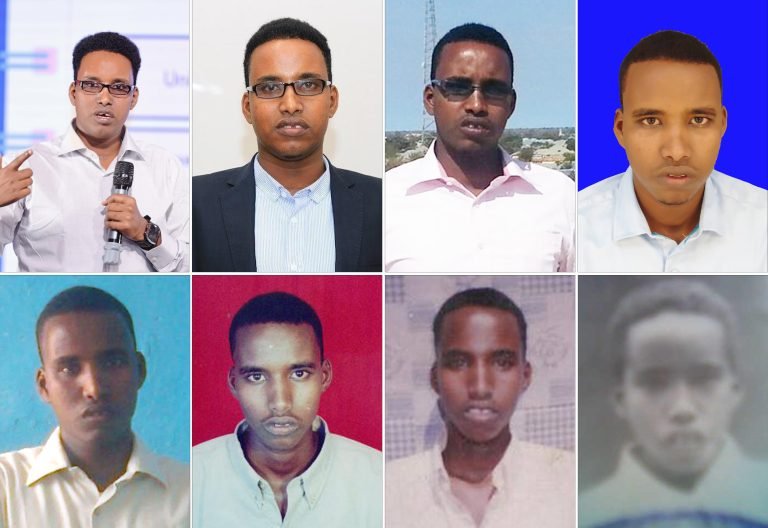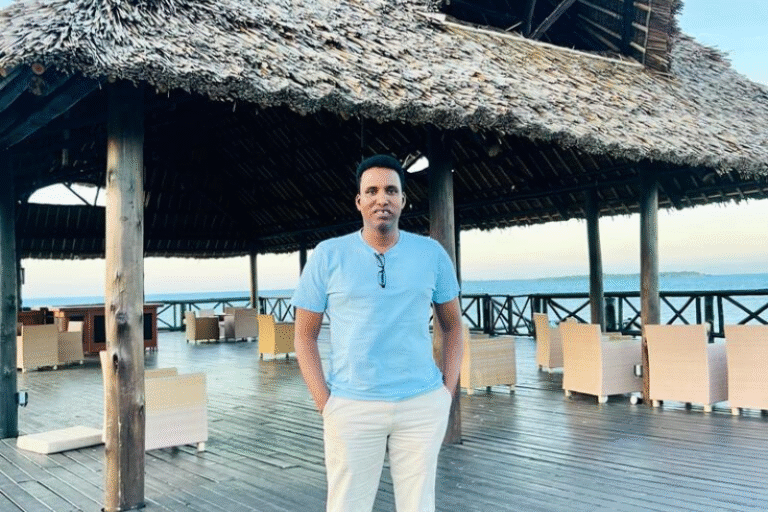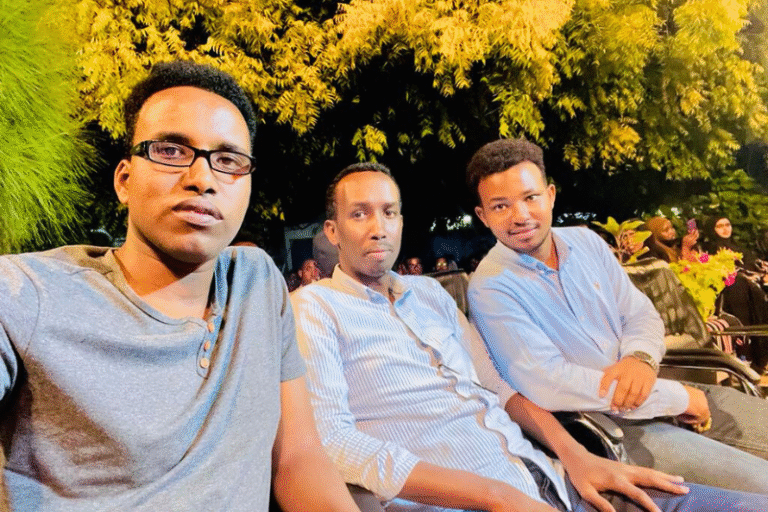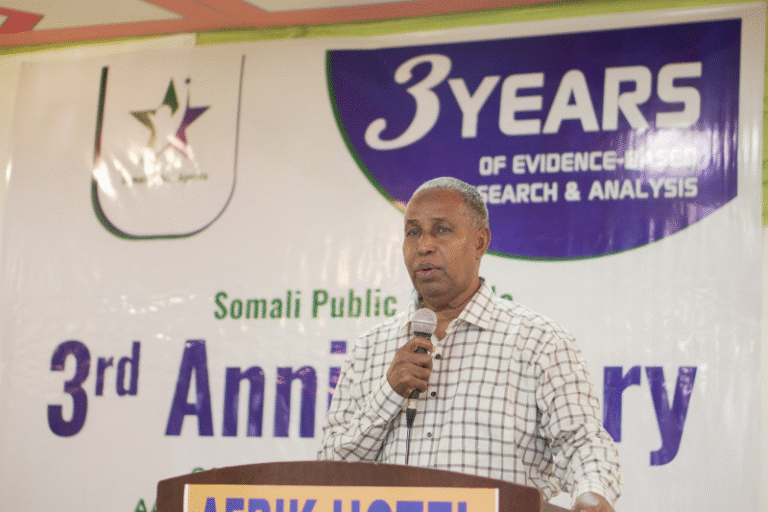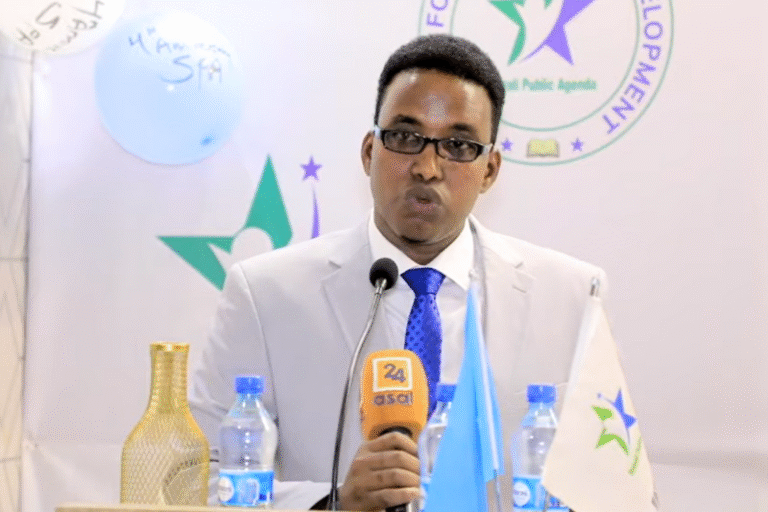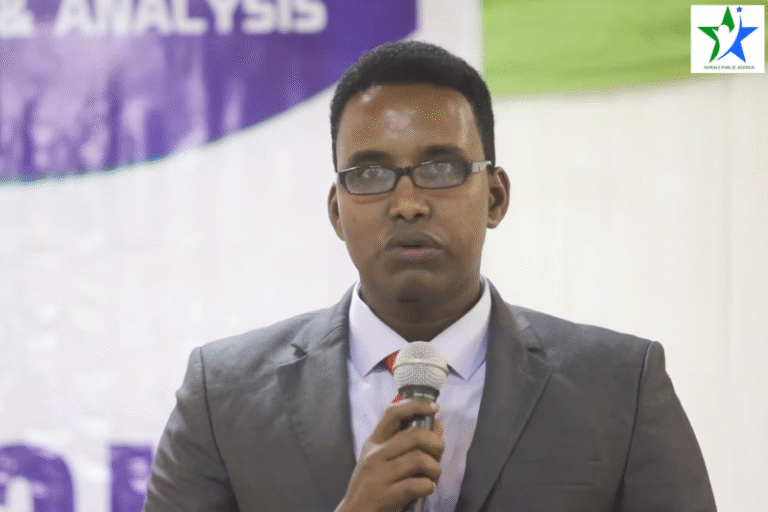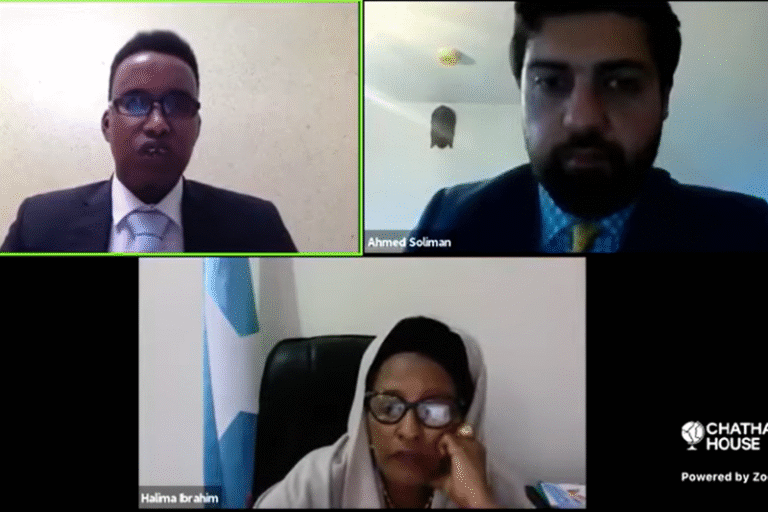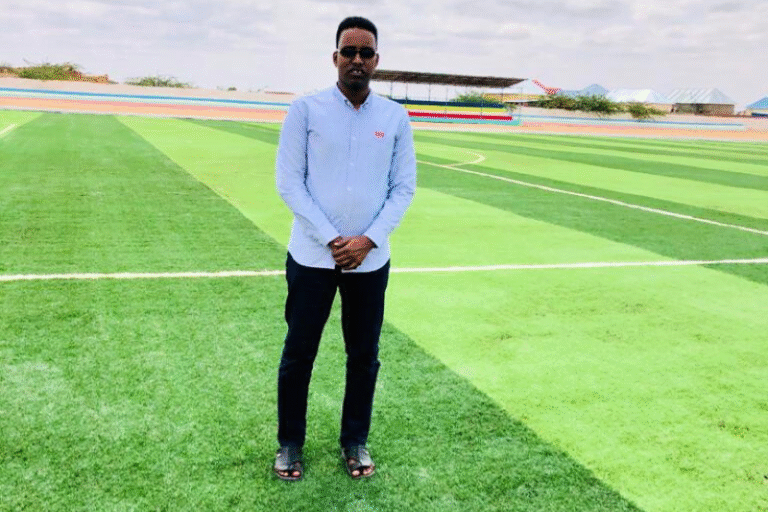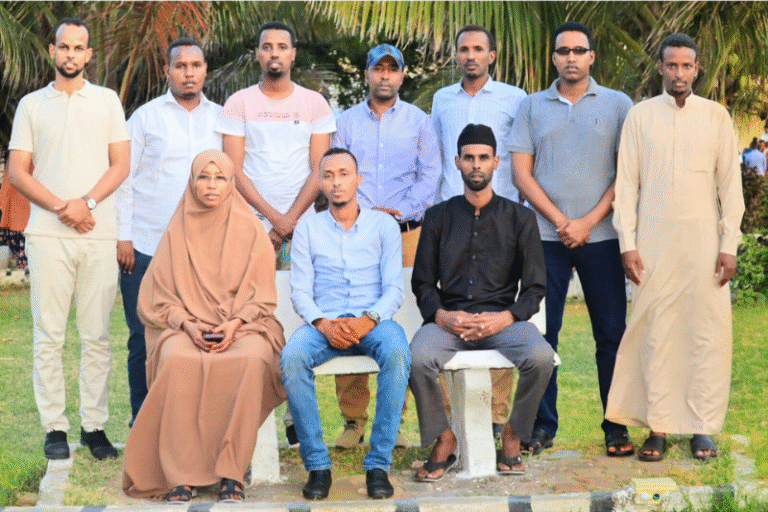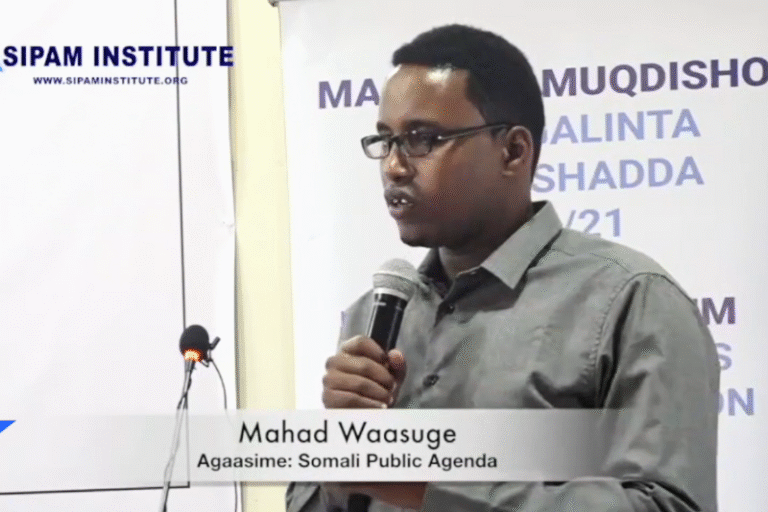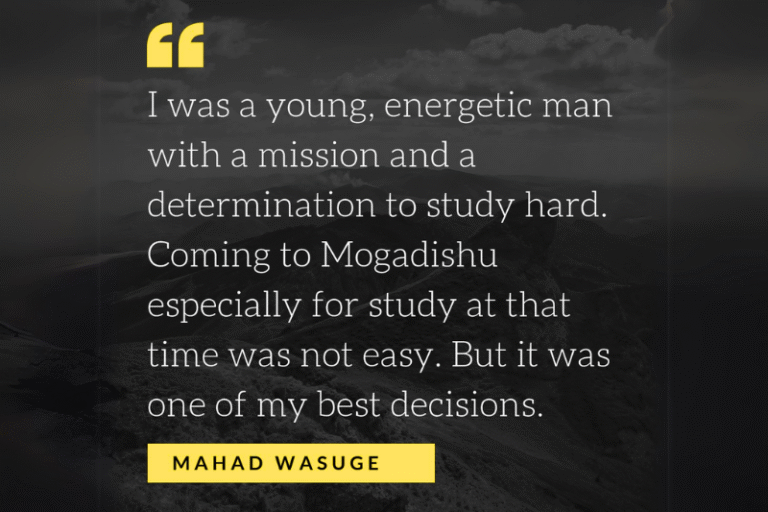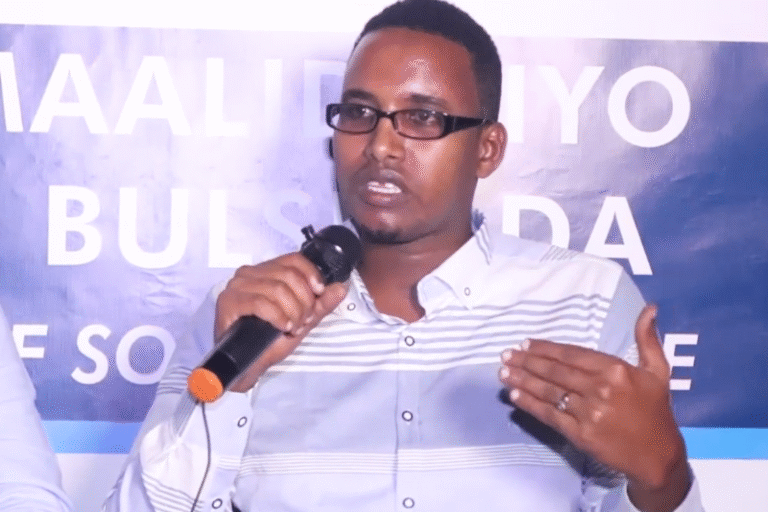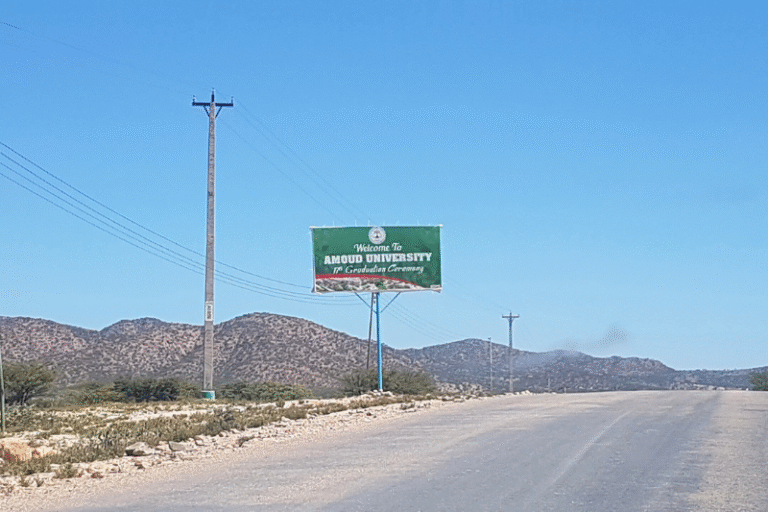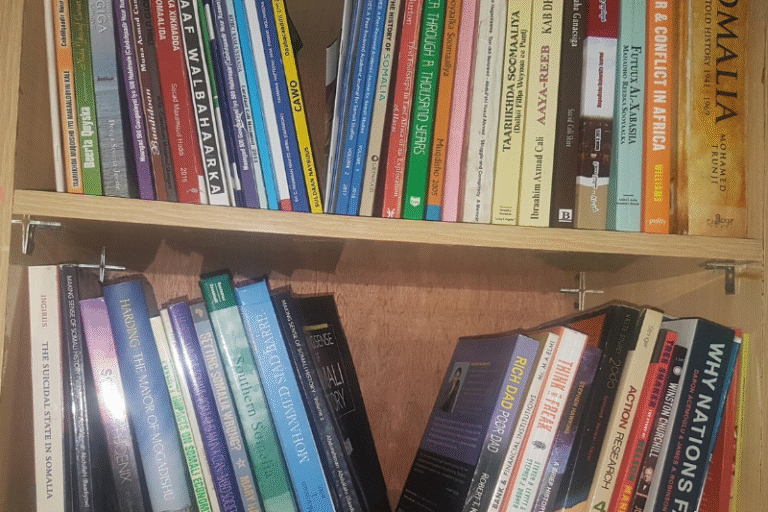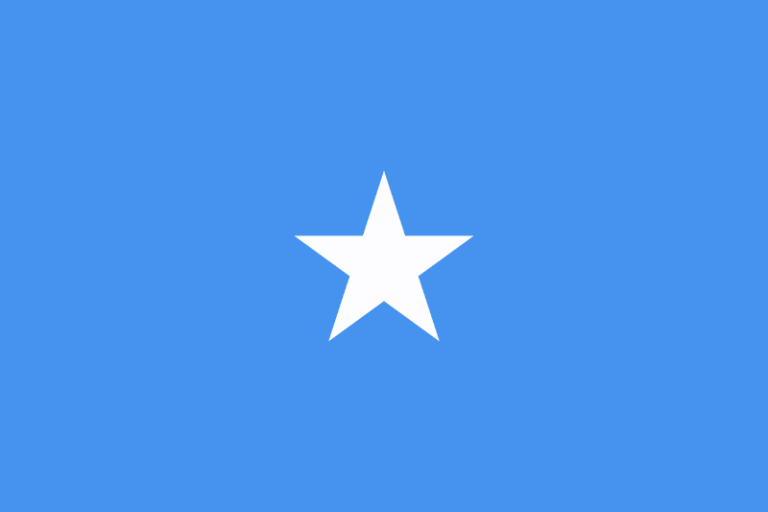
Walking into Global Diplomacy: Reflections from the Doha Forum
I received an invitation from the Doha Forum, the International Crisis Group, and the African Union Political Affairs, Peace, and Security Department on November 20 to participate as a speaker at the 23rd edition of the Doha Forum, held on December 6–7, 2025, at the Sheraton Grand Hotel in Doha. I was particularly invited to speak at a closed-door roundtable session titled “State-building in Somalia: Coordinated Strategies to Sustain Progress.” It was a great and rare opportunity to be invited as a speaker for my first time attending the Doha Forum. This year’s theme of the Doha Forum was Justice in Action: Beyond Promises to Progress.


